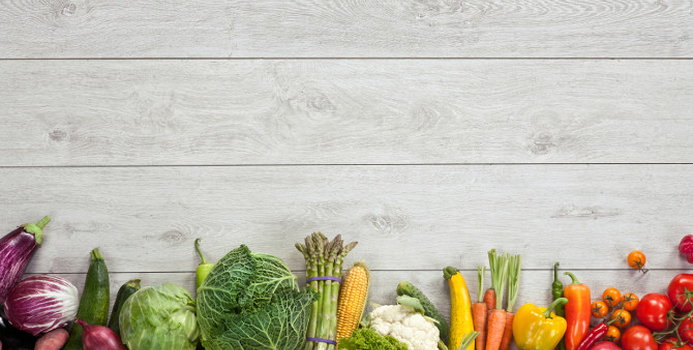We've all heard the following phrases, "There are no good or bad foods" and "All foods are okay if you eat them in moderation." But could there be certain "bad" foods out there that we should try to avoid? Foods that are found in or close to their natural state are the best for our health. The more a food has been altered and the further removed from nature it becomes, the greater difficulty our bodies have metabolizing it properly. Look at the health disasters that have resulted from the creation of hydrogenated oils and the refining of sugar, oil and wheat. We now have epidemic rates of obesity, diabetes, cancer and heart disease, most of which has been caused by consumption of the wrong foods.
Trans-Fats: Otherwise known as partially hydrogenated oils, these are man-made fats that are scientifically proven to be dangerous to our bodies. I would recommend reading labels and avoiding all foods that contain this as an ingredient.
Refined Sugar: Sugar has zero nutritional value in the processed form that it is commonly found. You get nothing but calories without any vitamins, minerals or fiber. Soda, jelly beans, hard candies, gummy bears, etc. all fall into this category. When you eat these types of things (I hesitate to even call them foods), you are adding calories to your body but because there is no nutrition along with those calories, you do not feel satisfied and your body will crave more food because it is trying desperately to obtain the nutrients it needs. Healthy options to eat instead of these types of sugars include all varieties of fruits (fresh, frozen, dried) which will satisfy sweet cravings.
Refined Oil: All oils, yes even olive oil, are not whole foods. At 120 calories per tablespoon and no fiber, oil is the most calorically dense thing you can put into your mouth. Choose the real food over the oil to get a richer spectrum of nutrients: olives instead of olive oil, peanuts instead of peanut oil, flax seeds instead of flax oil, etc.
Refined Grains: Unfortunately most breads, crackers, cookies, cakes, muffins, pastas and rice are refined. Read ingredient lists to find out for sure and avoid these products. Enriched flour may sound good, however all it means is that most of the beneficial fiber, minerals and vitamins have been removed and then replaced with a few that were chemically created in a laboratory. Opt for whole grains as often as possible.
The bottom line is that you need to decide for yourself where you want to draw the line with certain foods and how often you choose to eat them. What works for a lot of people is the 90/10 rule which means as long as you are consuming a healthy diet 90% of the time, you have the other 10% to allow for the less healthy items. Remember, it's all about your overall habits and lifestyle. Just as a person who eats a fast-food filled, overly-processed diet will not suddenly become healthy if they decide to eat a handful of blueberries, someone who generally eats a nutrient rich diet will not destroy their health with the occasional cookie.
Corinne Goff is a Registered Dietitian who is absolutely passionate about food, health, and nutrition. Corinne has a BA in Psychology from Salve Regina University and a BS in Nutrition from the University of Rhode Island. As a nutritionist, her objective is to help people reach their health goals by offering a personalized holistic approach to wellness that incorporates natural foods and lifestyle changes. She works together with her clients to develop daily improvements that they feel comfortable with and that are realistic. She believes that the focus on wholesome, nutrient-rich, real food, is the greatest possible way to become healthier, have more energy, decrease chances of chronic disease, and feel your best.



